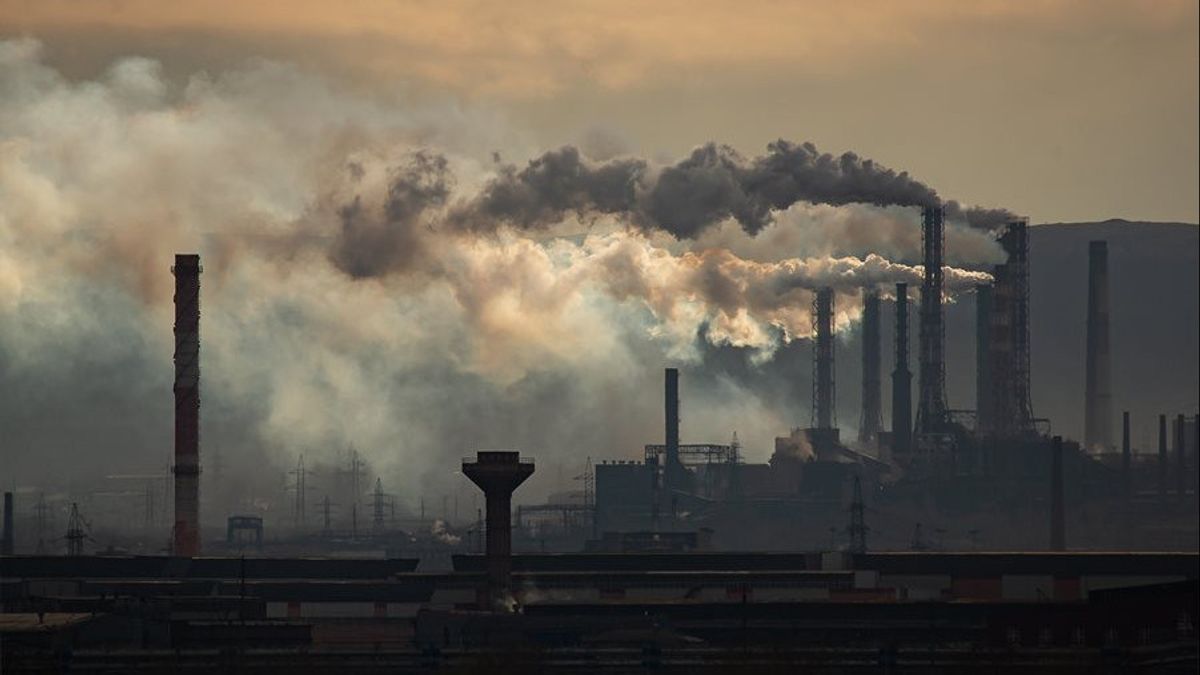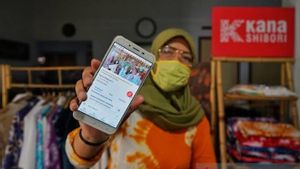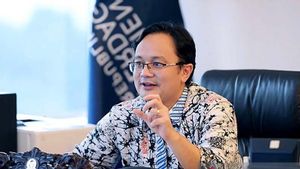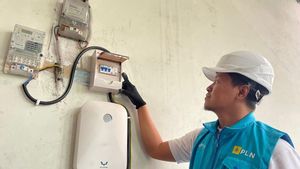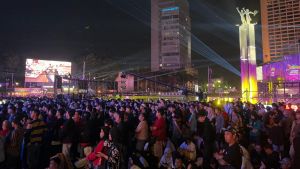The Financial Services Authority (OJK) is said to support the government's efforts to reduce greenhouse gas (GHG) emissions and organize and supervise carbon exchanges.
This is in accordance with the mandate of Law Number 4/2023 concerning the Development and Strengthening of the Financial Sector (UU PPSK) in line with the rapid development of carbon trade in the world and the magnitude of potential owned by Indonesia.
The Chief Executive of the Capital Market Supervisory, Derivative Finance and OJK Carbon Exchange, Inarno Djajadi, said that his party is currently working on technical regulations as a reference for transactions in the field.
"We want to increase our optimism to be able to hold the first trade of carbon units on the carbon exchange in September," he said in a written statement at a national seminar in Surabaya, July 31.
According to Inarno, the government has a target of reducing GRK emissions by 31.89 percent with its own efforts and 43.2 percent with the assistance of international participation by 2030 according to the Enhanced NDC 2022 document.
For this reason, the need for support from various sectors is needed in order to reduce GRK, including the Financial Services Industry sector.
"Indonesia has a very big opportunity in carbon trading, one of which is in the sub-sector of power plants that Indonesia has 99 coal-based Steam Power Plants (PLTU) to be able to participate in this year's carbon trade," he said.
另请阅读:
Inarno explained, this number is equivalent to 86 percent of the total Coal PLTU operating in Indonesia. Furthermore, OJK is said to continue to strengthen primary, secondary and market infrastructure so that it can support the operation of carbon exchanges.
"Don't forget the appropriate monitoring mechanism for the carbon market to be in line with the national target set in the Nationally Determined Contribution (NDC)," he asserted.
Meanwhile, this national seminar is a synergy and collaboration between OJK and several relevant ministries and institutions aimed at increasing the understanding of stakeholders in terms of comprehensive implementation of carbon exchanges.
The seminar in question will also be held in four other cities, namely Balikpapan, Makassar, Medan, and Jambi. It is hoped that the seminar in big cities throughout Indonesia can help the general public and stakeholders understand the role of every institution involved in the carbon trading ecosystem.
The English, Chinese, Japanese, Arabic, and French versions are automatically generated by the AI. So there may still be inaccuracies in translating, please always see Indonesian as our main language. (system supported by DigitalSiber.id)
